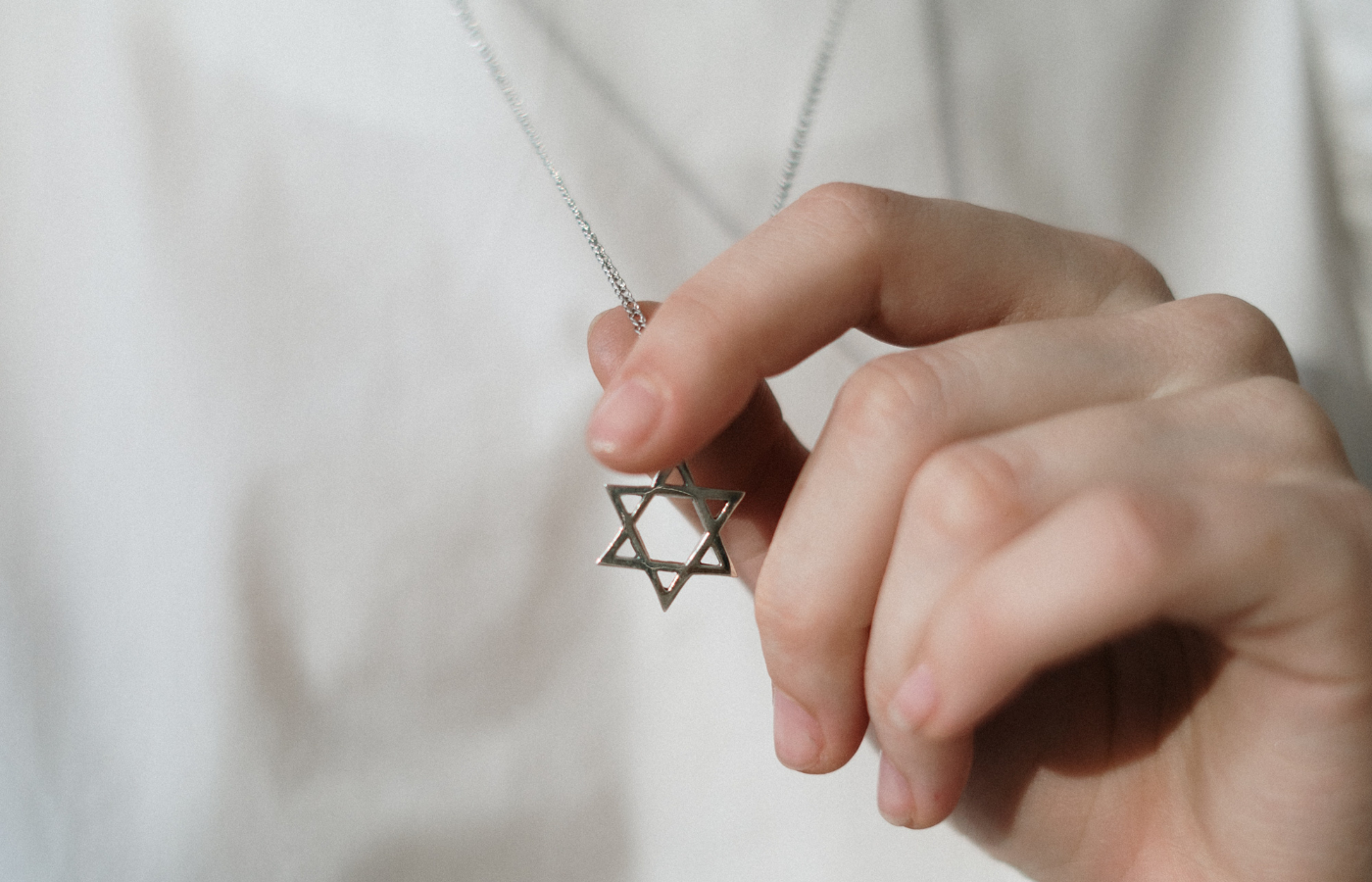Question: Which mitzvot can someone in the process of conversion participate in?
— Anonymous
Answer: The performance of mitzvot — the commandments by which we Jews make sense of space, time and life — is integral to being Jewish. But what does their performance mean if you aren’t Jewish — or, in the case of conversion, you aren’t yet Jewish?
The talmudic sage Reish Lakish tells us that a non-Jew should not observe Shabbat, and Rabbi Yohanan tells us that a non-Jew should not study Torah (Sanhedrin 58b-59a). But we also read that a non-Jew who studies Torah is like the high priest (Sanhedrin 58b and Avodah Zarah 3a). There is clearly a tension here!
In the Middle Ages, Maimonides interpreted this dynamic to express a difference between authentic practice of Jewish ritual and what we might today call cultural appropriation. What this means, he explains, is that a non-Jew should not steal Jewish rituals and practices (Mishneh Torah, Laws of Kings and Wars, 10:9). He is concerned they will start a new religion based on Torah or Jewish practices (it’s happened before!). However, says Maimonides, a person in the process of conversion is different because this person is in the process of taking on mitzvot!

Help us keep Jewish knowledge accessible to millions of people around the world.
Your donation to My Jewish Learning fuels endless journeys of Jewish discovery. With your help, My Jewish Learning can continue to provide nonstop opportunities for learning, connection and growth.
There is a difference between conversion and cultural appropriation. A convert approaches Judaism out of love and connection. I have occasionally had conversion students express concerns whether it is cultural appropriation for them to take on cultural Jewish practices like language or Jewish humor. I affirm to those students that the process of conversion is about throwing in one’s lot with the Jewish people and our life of Torah, and they become owners and stakeholders in the tradition.
That’s why a person converting not only can but should begin to practice mitzvot. Your rabbi will determine what that practice looks like. There is a whole legal discourse about how much observance is enough and what acceptance of the Torah actually means. But you can also find some wisdom in the restrictive teachings we saw earlier, meaning there is a value to setting aside some practices for after conversion. For example, wearing a tallit is something one should not do before conversion, and saving this mitzvah for conversion actually allows for it to be a powerful sign of connection: literally wrapping oneself in the identity.
I’ve worked with a lot of converts over the years; it’s probably the greatest privilege of being a rabbi. Conversion is about fulfilling (and forming) spiritual aspirations, about connecting to other Jews and about reflecting on one’s life and place in the universe. As you go through conversion, you might often question: Am I doing this right? That question is itself a part of the process, the process of growth and self-creation that spirituality brings. Our tradition is rich with these dialectics of spiritual growth — may you, in your conversion journey, continue to become the Jew you are growing into.
Rabbi Eric Woodward is the rabbi of Congregation Beth El-Keser Israel in New Haven, Connecticut.



